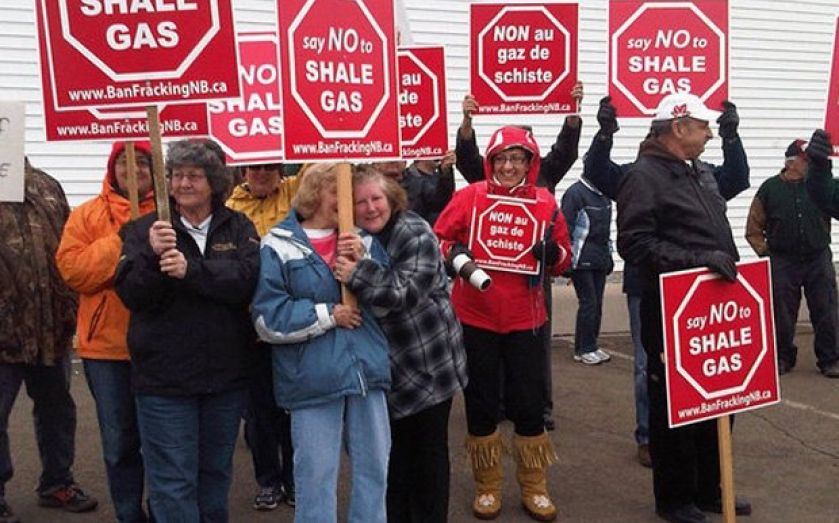Westminster and Holyrood set to clash over fracking

Moves to liberalise the regulations for fracking natural gas face a rough ride north of the border, with Scotland's energy minister Ferus Ewing pledging to oppose plans that would prevent householders from objecting to drilling under their homes.
The Department of Energy and Climate Change is running a consultation over whether to allow companies to access shale gas 300 metres below the ground.
The consultation includes a proposal that would see drilling companies pay community groups for each well that extends more than 200 metres laterally. Ewing argued that decisions of this kind must be made in Holyrood, rather Westminster.
Speaking to BBC Scotland, Ewing said:
Simply proceeding by threatening to remove people's rights without any consultation with the people of Scotland is quite simply wrong.
We are taking a cautious approach yes, we are taking an evidence based approach. We are looking at matters further and if we decide that it may provide opportunities for Scotland, then perhaps it should be done in a controlled considered way, in appropriate parts of Scotland.
The government has been a keen supporter of fracking, with former Business and Energy minister Michael Fallon saying "Britain needs more home-grown energy. Shale development will bring jobs and business opportunities".
The measures have been vigorously opposed by the Scottish Green MPs and local environmental groups. The industry has sought to ease fears surrounding fracking and reassure property owners that their quality of life will not be signifanctly damaged.
In a statement, the trade body United Kingdom Onshore Oil and Gas said: "This underground activity will not be noticeable at the surface and will not impact on the enjoyment landowners have of their property".
The British Geological Society estimates that the UK's natural gas deposits could hold at least 1,300 trillion cubic feet of gas.
On Monday, a survey of 4,000 people conducted by Populus found 57 per cent were in favour of fracking while just 16 per cent were opposed, and 27 per cent were undecided. Approval for fracking reached even higher levels of support if it was part of a mix that includes renewable energy sources.